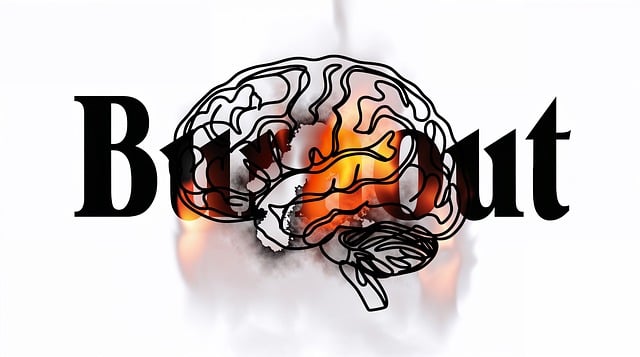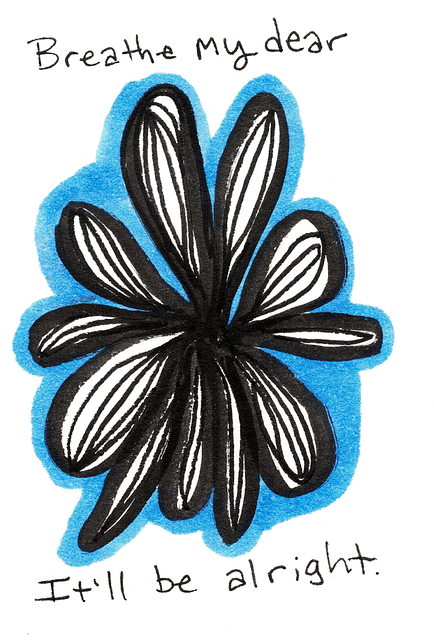Gambling addiction among young adults requires a multifaceted approach addressing psychological, social, and environmental factors. Key strategies include Cognitive-Behavioral Therapy (CBT), peer support groups, self-awareness exercises, and financial counseling. Integrating mindfulness meditation and Mind Over Matter principles empowers individuals to overcome addiction by challenging negative thoughts, cultivating self-control, and fostering resilience against cravings. Comprehensive support systems, including individual counseling, family involvement, and online communities, offer hope and healing for young adults struggling with therapy for young adults gambling.
Gambling addiction among young adults is a growing concern, with complex underlying behaviors and triggers. This article guides readers through essential crisis intervention strategies tailored to address this pervasive issue. We explore the risk factors and prompts that contribute to young adult gambling behavior, offering insights into effective therapy approaches specifically designed for this demographic. Additionally, we highlight support systems and resources crucial for their recovery journey, emphasizing the role of specialized treatment in combating gambling addiction among young adults.
- Understanding Young Adult Gambling Behavior: Risk Factors and Triggers
- Crisis Intervention Techniques for Gambling Addiction
- Role of Therapy in Treating Gambling Addiction Among Young Adults
- Support Systems and Resources for Effective Recovery
Understanding Young Adult Gambling Behavior: Risk Factors and Triggers

Understanding young adult gambling behavior requires a nuanced approach, as this demographic faces unique challenges and risk factors compared to older generations. Gambling among young adults is often driven by a combination of psychological, social, and environmental influences. Key risk factors include exposure to gambling at an early age, peer pressure, and easy access to online platforms. Triggers such as stress, boredom, or emotional distress can lead to problematic gambling habits.
Cultural sensitivity in mental healthcare practice plays a crucial role in addressing these issues effectively. Self-awareness exercises can help young adults recognize their triggers and develop coping mechanisms. Additionally, mood management strategies are essential tools in therapy for young adults gambling, aiming to stabilize emotions and reduce the allure of gambling as a means of escape.
Crisis Intervention Techniques for Gambling Addiction

Gambling addiction, especially among young adults, requires a swift and tailored approach for effective crisis intervention. One of the key techniques in addressing this issue is cognitive-behavioral therapy (CBT), which helps individuals identify and change negative thought patterns and behaviors associated with gambling. CBT encourages self-awareness exercises, allowing individuals to recognize triggers and develop healthier coping mechanisms. By mastering mood management skills, young adults can regulate their emotional responses during crises, reducing impulsive gambling behaviors.
Additionally, group therapy sessions prove beneficial as they foster a supportive environment where individuals can share experiences and learn from one another. These interventions aim to disrupt the cycle of addiction by promoting emotional healing processes. Through a combination of individual counseling, group support, and self-management tools, crisis intervention strategies for gambling addiction offer a comprehensive path to recovery.
Role of Therapy in Treating Gambling Addiction Among Young Adults

Therapy plays a pivotal role in addressing gambling addiction among young adults, offering crucial tools for managing and overcoming this destructive behavior. Cognitive Behavioral Therapy (CBT), for instance, has proven effective in targeting the underlying thoughts and beliefs that contribute to problematic gambling. By identifying and challenging these cognitive distortions, CBT empowers individuals to develop healthier coping mechanisms and make more rational decisions regarding their gaming habits.
Incorporating evidence-based practices like Mindfulness Meditation into therapy sessions can further enhance recovery outcomes. This technique encourages individuals to focus on the present moment, thereby reducing impulsive engagement in gambling activities. Moreover, fostering Mind Over Matter principles through therapy enables young adults to gain a deeper understanding of their addiction, develop self-control, and cultivate resilience in managing cravings. Crisis intervention guidance, centered around these therapeutic approaches, offers a transformative path towards breaking free from the cycle of gambling addiction.
Support Systems and Resources for Effective Recovery

Young adults facing gambling addiction often benefit from a robust support system and access to specialized resources for effective recovery. Therapy for young adults with gambling problems typically involves individual counseling, group therapy sessions, and sometimes family involvement. These therapeutic approaches help individuals explore the underlying causes of their addiction, develop coping skills, and implement self-care practices to manage anxiety relief.
Support groups and online communities dedicated to gambling addiction recovery provide peer-to-peer connections, fostering a sense of belonging and understanding. Additionally, resources like financial counseling and legal aid can address the economic impacts of gambling losses. Integrating self-care practices, such as mindfulness exercises and stress management techniques, enhances overall well-being during the recovery journey.
Crisis intervention plays a pivotal role in addressing gambling addiction among young adults, offering essential support during critical moments. By understanding the unique risk factors and triggers associated with this demographic’s gambling behavior, professionals can employ effective techniques such as cognitive-behavioral therapy to help them overcome addiction. Accessing appropriate resources, including peer support groups and specialized treatment programs, is crucial for fostering recovery. In the journey towards healing, therapy for young adults’ gambling serves as a powerful tool, enabling individuals to navigate their challenges and reclaim control over their lives.








